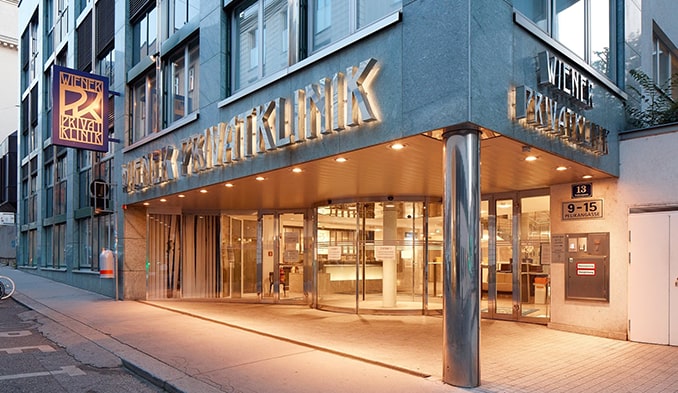Univ. ofProf. Dr. Christoph Zielinski is medical director of the prestigious private clinic Wiener Privatklinik (WPK) in Vienna, as well as the Central European Cancer Centre - among the leading cancer institutions in Europe.
What is the essential difference between oncology and immuno-oncology?
Cancers occur when a normally functioning cell undergoes an error in differentiation. Such a cell manages to evade the body's natural control mechanisms and begins uncontrolled division and proliferation. Cancer treatment aims to stop this process through surgery, radiotherapy or systemic therapies - such as chemotherapy, immunotherapy and therapies that target specific molecular changes.
How does chemotherapy work?
Chemotherapy interferes with the process of cell division, affecting not only tumor cells but also healthy ones. Because it is not selective, it also causes a number of side effects.
What is the principle of immunotherapy?
Unlike chemotherapy, immunotherapy is based on activating the immune system to recognise and attack tumour cells. Because cancer cells often manage to "hide" from immune defenses, immunotherapy methods remove this invisibility and stimulate the body's natural response.
In which cases is immunotherapy effective?
Therapies with checkpoint inhibitors have shown good results in about 20 types of cancer, including melanoma, lung, stomach, kidney cancer, as well as colon and uterine cancer. Often, immunotherapy is combined with chemotherapy or molecular targeted therapy to achieve optimal results.
When is immunotherapy not appropriate?
The therapy is only marginally effective for certain types of breast cancer (excluding the "triple negative" form), prostate cancer and pancreatic cancer.
Why?
The greater the molecular difference between tumor and healthy cells, the easier it is for the body to identify and attack cancer cells. Lack of sufficient differentiation reduces the chances of immunotherapy success.
Is immunotherapy more successful for lung cancer caused by smoking?
Smoking causes specific genetic mutations in lung cells that make it easier for the immune system to recognise the tumour. Although direct causation is difficult to prove, the evidence for genetic alterations is strong.
Which patients are candidates for immunotherapy?
At the Central European Cancer Centre, tumours are examined by histological, immunohistochemical and molecular analyses. In the presence of PD-L1 marker in the tumor tissue it is recommended to start immunotherapy.
Can cancer be cured with immunotherapy alone?
In some cases, such as with malignant melanoma, a complete cure is possible. However, for most cancer diagnoses, immunotherapy basically prolongs life and improves its quality.
What side effects can be expected?
Skin reactions, diarrhea, colitis, and possible neurological or endocrine disorders are most commonly seen.
What are the latest trends in immunotherapy?
Scientists are currently seeking to determine why only about 30% of patients respond positively to immunotherapy. New methods are being developed to identify responding patients, and combination therapies (immunotherapy + molecular therapy or chemotherapy) are seen as a promising avenue for future success.





